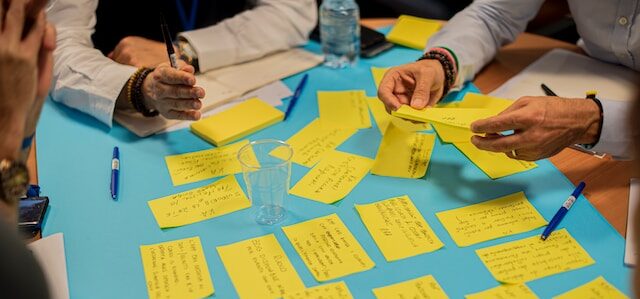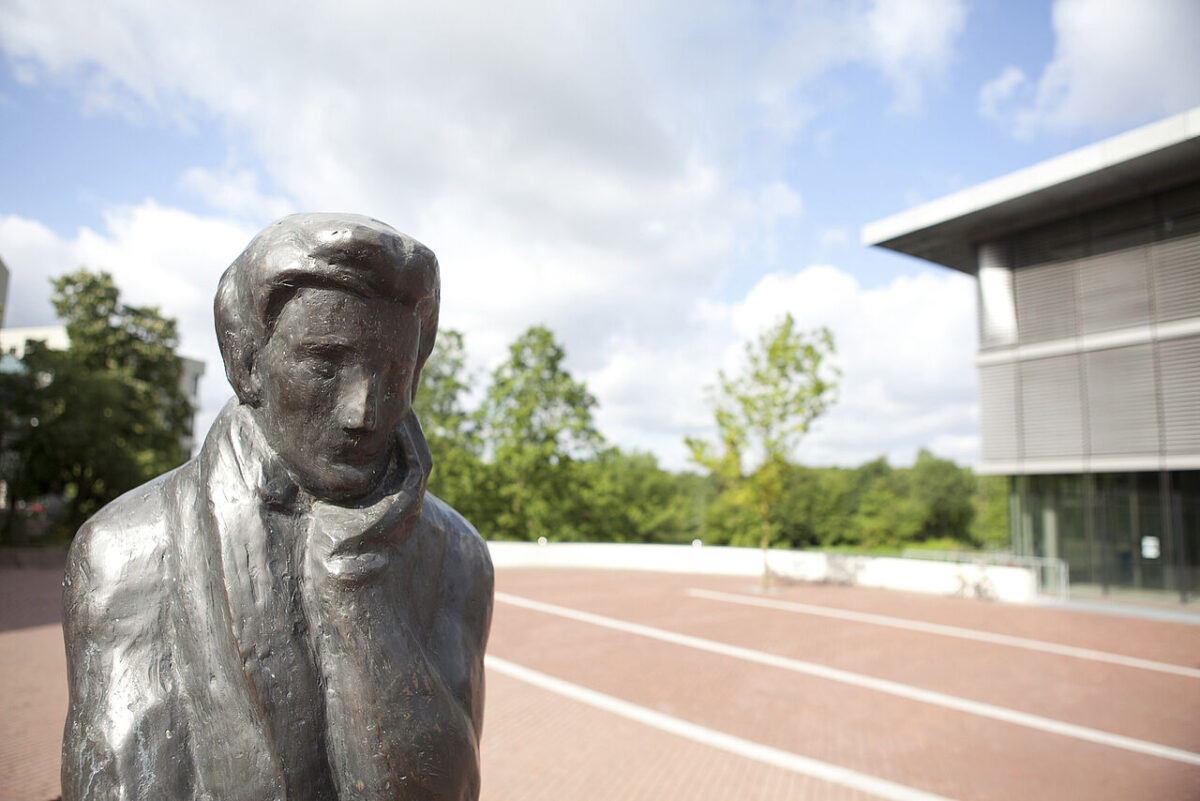In this article in the journal Policy & Internet, Tobias Escher and Bastian Rottinghaus explore the question of how participation in local consultation processes (on planning of cycling infrastructure) affects attitudes towards local politics. To this end, in 2018 they examined a total of three participation procedures in which the cities of Bonn, Cologne (district Ehrenfeld) and Moers consulted their citizens on local cycling infrastructure. In each case, for five weeks citizens were able to submit, comment on and evaluate proposals through an online platform. In total, more than 3,000 proposals were collected which were to be incorporated into the subsequent cycling planning (see further information on the Cycling Dialogues project).
Abstract
In order to generate legitimacy for policies and political institutions, governments regularly involve citizens in the decision-making process, increasingly so via the Internet. This research investigates if online participation does indeed impact positively on legitimacy beliefs of those citizens engaging with the process, and which particular aspects of the participation process, the individual participants and the local context contribute to these changes. Our surveys of participants in almost identical online consultations in three German municipalities show that the participation process and its expected results have a sizeable effect on satisfaction with local political authorities and local regime performance. While most participants report at least slightly more positive perceptions that are mainly output-oriented, for some engagement with the process leads not to more, but in fact to less legitimacy. We find this to be the case both for those participants who remain silent and for those who participate intensively. Our results also confirm the important role of existing individual resources and context-related attitudes such as trust in and satisfaction with local (not national) politics. Finally, our analysis shows that online participation is able to enable constructive discussion, deliver useful results and attract people who would not have participated offline to engage.
Key findings
- The participation processes we studied and to which citizens were invited by their respective councils do indeed have an influence on the attitudes of those who participate in such consultations.
- For many of the participants, the positive effect that was hoped for does indeed occur: they are more positive about the local institutions (mayor, administration) and local politics as a whole. The decisive factor for the assessment is whether one expects local politics to take the citizens’ proposals seriously and act upon them. In other words, the result of the process is more important for attitudes than the process itself.
- It is noteworthy that this holds true also for those who have rather negative views of local politics to begin with. However, previous experience with local politics also plays a role: those who already have a higher level of satisfaction and trust in the municipality are becoming more positive by participation.
- At the same time, participation can also lead to less satisfaction. We were able to show this, on the one hand, for those who were intensively involved in the participation process and made a lot of proposals. On average, this group was less satisfied in the end, probably because their expectations of the impact of their efforts were disappointed. Those who did not actively participate but only visited the online procedure without making suggestions themselves were also more dissatisfied. These people were apparently mainly concerned about the fact that the process took place exclusively online.
- Overall, however, our results show that such online participation processes not only enable constructive participation, but that they also reach additional groups: Almost half of the respondents would not have participated if the process had only been conducted with on-site formats requiring physical presence.
Publication
Escher, Tobias; Rottinghaus, Bastian (2023): Effects of online citizen participation on legitimacy beliefs in local government. Evidence from a comparative study of online participation platforms in three German municipalities. In: Policy & Internet, Artikel poi3.371. DOI: 10.1002/poi3.371.




